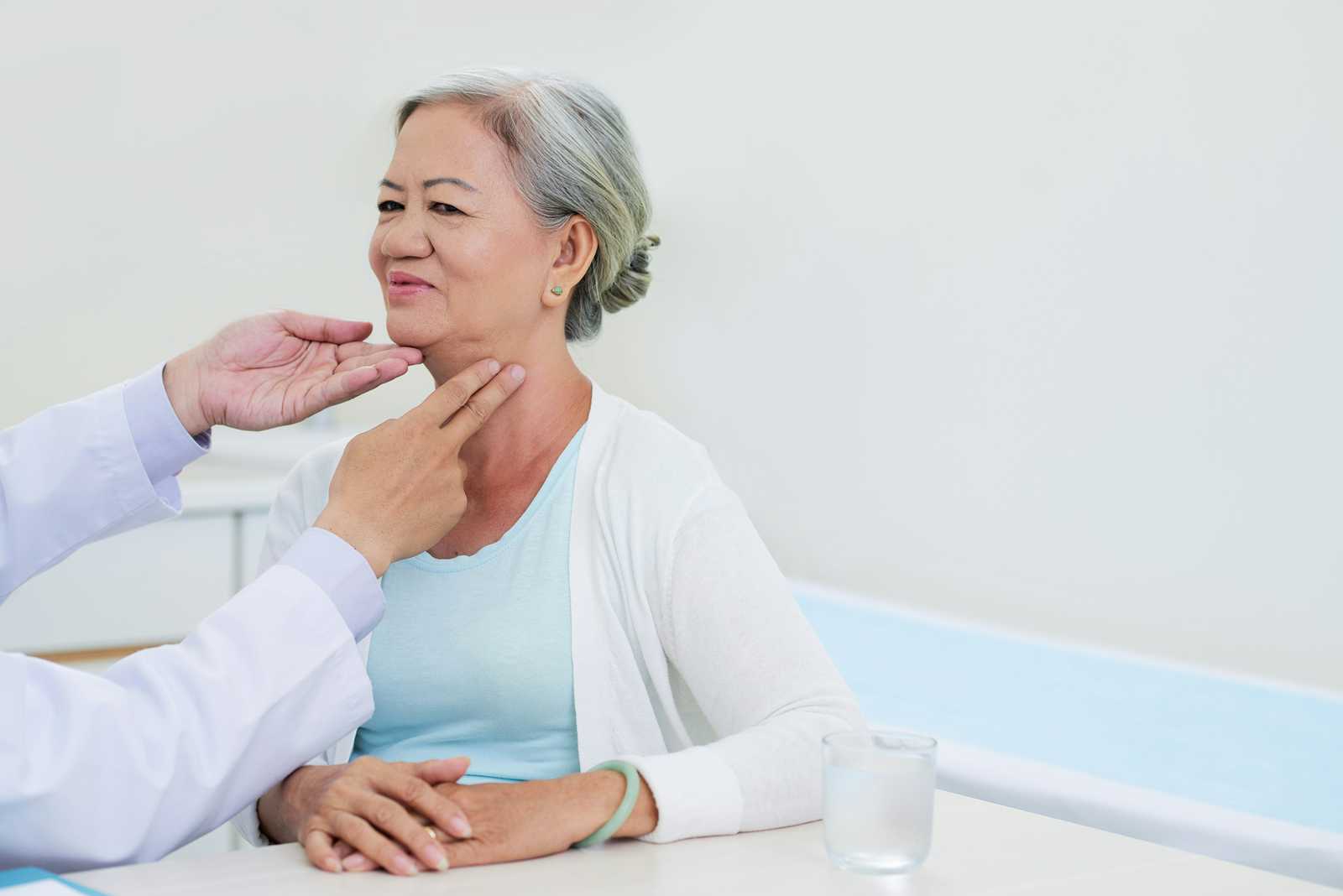
When the thyroid gland doesn’t work well, people are especially sensitive to cold. They often feel as though they have no energy. They may report symptoms such as constipation, dry skin, hair loss, high cholesterol or depressed mood. Swollen hands or feet, trouble concentrating and weakness are other common symptoms of hypothyroidism.
Diagnosing Thyroid Gland Dysfunction Among Older People:
People over 60 years old are more likely to have hypothyroidism (underactive thyroid). Doctors know this. However, the symptoms are not very specific. Will the health care provider attribute the symptoms to “just getting older” and miss the diagnosis? Older people who suspect something is wrong with their thyroid gland should request testing and push for a diagnosis. Here’s why.
Underactive Thyroid Gland and Mortality:
A meta-analysis of 27 studies revealed that older people with this condition are more likely to die prematurely (Journal of Clinical Endocrinology & Metabolism, online Dec. 12, 2019). On the other hand, if older patients had laboratory findings indicating hypothyroidism but no symptoms, they did not appear to be at increased risk of early death.
What Can You Do About Thyroid Problems?
Fortunately, hypothyroidism can be treated. Doctors and patients can collaborate to find a treatment that will help re-balance thyroid gland activity and help the person feel better.
In most cases, hypothyroidism is treated with supplemental thyroid hormone. Usually doctors prescribe levothyroxine, aka T4 (Euthyrox, Levoxyl, Synthroid, Tirosint, Unithroid). Occasionally, however, people feel better if they take a combination of T3 and T4 hormones. Genetic differences among individuals mean that some people are far more efficient at producing the active hormone T3 (triiodothyronine) from T4. That helps to explain why some people simply don’t feel good on levothyroxine alone.
Learn More:
We discuss the new research on genetic differences and what they mean for treating hypothyroidism in our eGuide to Thyroid Hormones. In it, you will learn about symptoms of thyroid imbalance, medications that may affect thyroid tests, both Hashimoto’s and Graves’ disease, counterproductive foods and helpful supplements.
You may also wish to listen to our recent interview about problems with the thyroid gland. It is Show 1162: How to Treat Common Thyroid Problems.

